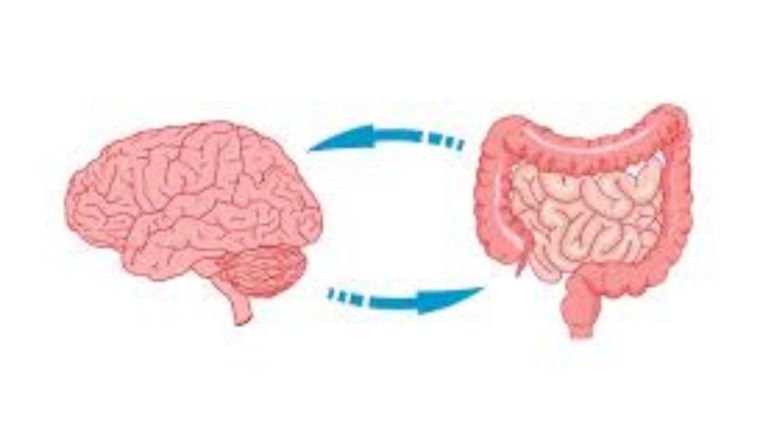What is the Importance of Communication in Nutrition Education?

Communication plays a crucial role in nutrition education as it facilitates the transfer of knowledge, promotes behavior change, and supports the adoption of healthy eating habits. Here are some key reasons why communication is important in nutrition education:
Information dissemination: Effective communication is essential for sharing accurate and evidence-based nutrition information with individuals or communities. Nutrition education aims to provide information about the importance of a healthy diet, the role of different nutrients, portion sizes, meal planning, and other relevant topics. Clear and concise communication is necessary to ensure that the information is understood and retained by the target audience.
Behavior change: Communication is a powerful tool in influencing behavior change. Nutrition education often seeks to promote positive changes in eating behaviors, such as increasing the consumption of fruits and vegetables, reducing the intake of added sugars, or making healthier food choices. Effective communication can help individuals understand the benefits of adopting healthy eating habits, the consequences of poor dietary choices, and the practical strategies for behavior change.
Empowerment and engagement: Communication empowers individuals by providing them with the knowledge and skills needed to make informed decisions about their nutrition and health. It helps individuals understand the impact of their food choices on their health and well-being and encourages active engagement in the decision-making process. Effective communication techniques, such as active listening and motivational interviewing, can enhance engagement and participation in nutrition education programs.
Culturally appropriate messaging: Nutrition education often needs to consider cultural and social factors that influence food choices and eating behaviors. Effective communication takes into account the cultural backgrounds, beliefs, and practices of the target audience, and tailors messages accordingly to ensure they are relevant, relatable, and acceptable. Culturally appropriate communication can help overcome barriers to understanding and promote better reception of nutrition messages.
Sustainability: Communication plays a critical role in promoting sustainable changes in eating behaviors. It involves not only providing information, but also building skills, confidence, and motivation for long-term behavior change. Regular communication and reinforcement are often necessary to sustain positive changes in eating habits and prevent relapse into unhealthy behaviors.
In summary, communication is an essential component of nutrition education as it facilitates the transfer of information, promotes behavior change, empowers individuals, supports cultural relevance, and promotes sustainability in adopting healthy eating habits. Effective communication strategies can enhance the impact of nutrition education programs and help individuals make informed decisions about their nutrition and health.



